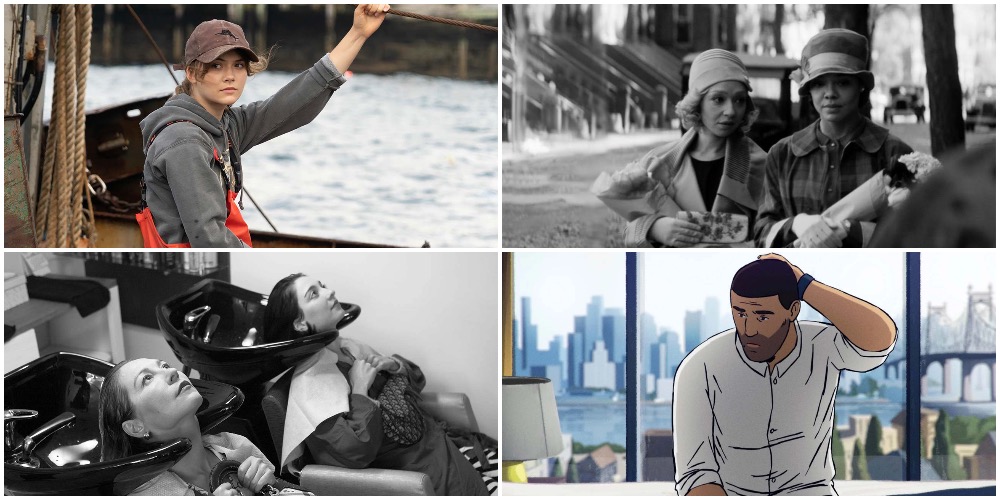
14 Sundance Projects Nominated for Gotham Awards
Earlier this morning, the nominations from the 31st annual Gotham Awards were announced, and the Sundance Institute would like to congratulate the teams behind 14

Earlier this morning, the nominations from the 31st annual Gotham Awards were announced, and the Sundance Institute would like to congratulate the teams behind 14
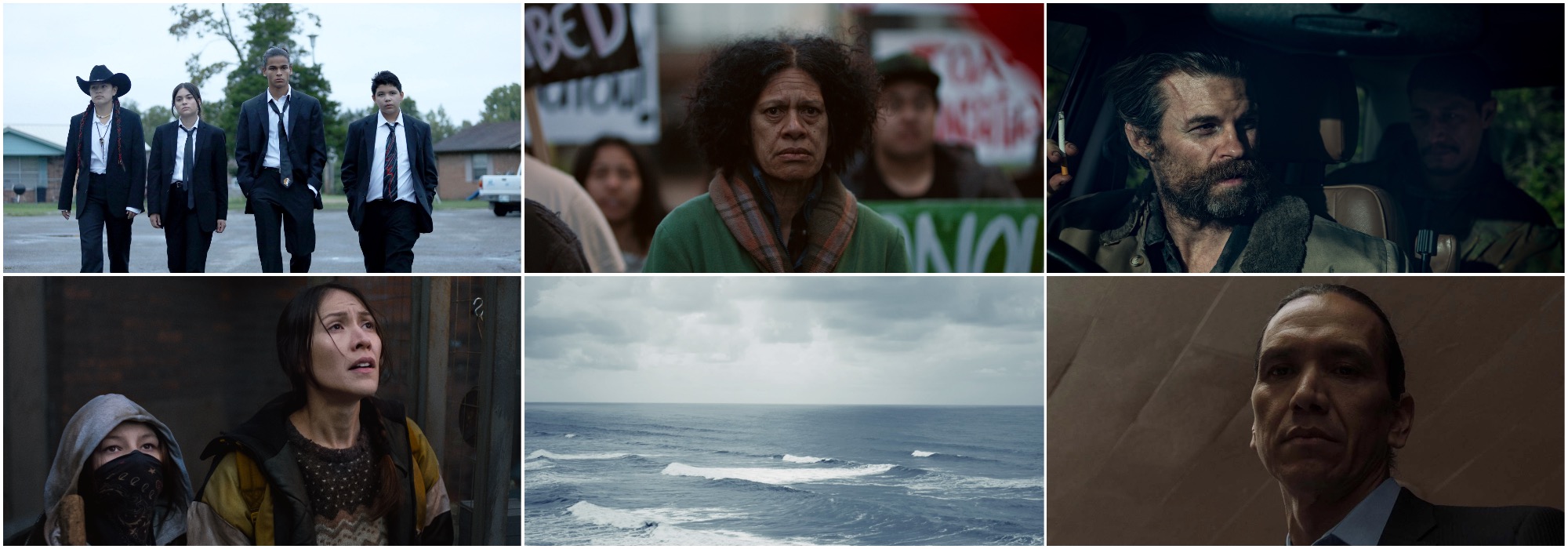
In the spirit of celebrating Indigenous peoples and their accomplishments on Indigenous Peoples’ Day — and every day — we want to highlight some of those voices who have had their works released this year.
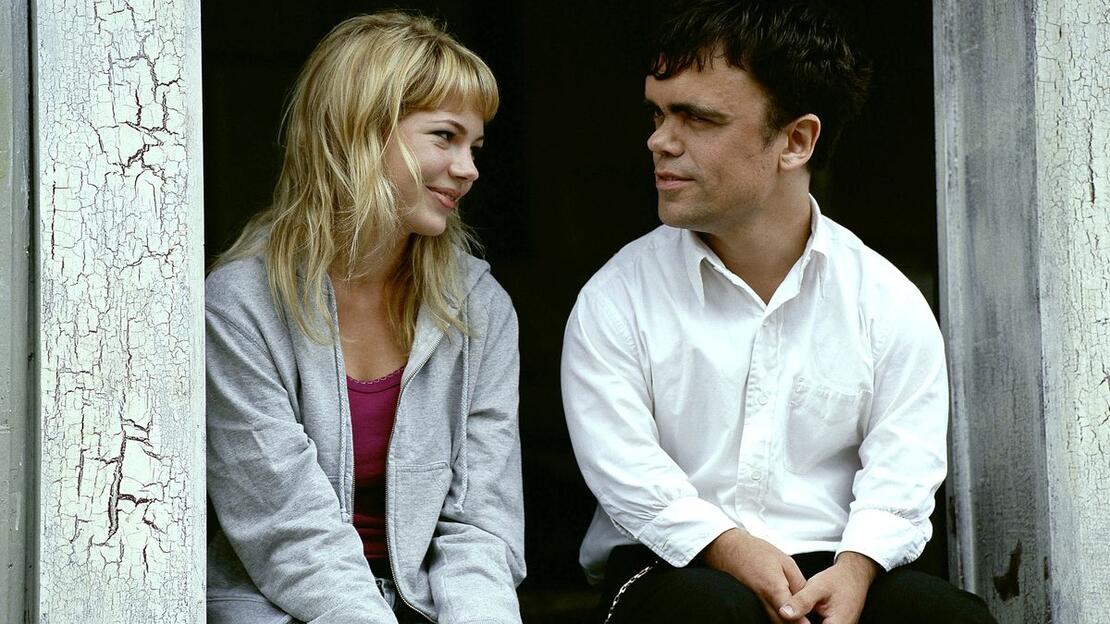
The smell of freshly popped popcorn, the whir of an old-school projector, the sheer relief when the industrial air-conditioning unit kicks in — these are the joys of summer moviegoing, and after a year spent cooped up indoors staring at small screens, we’re more excited than ever to head to our favorite theaters. As we head into the long weekend and look forward to venturing out and beginning the (arguably best) season in earnest, we thought we’d give you a bit of homework. The fun kind.
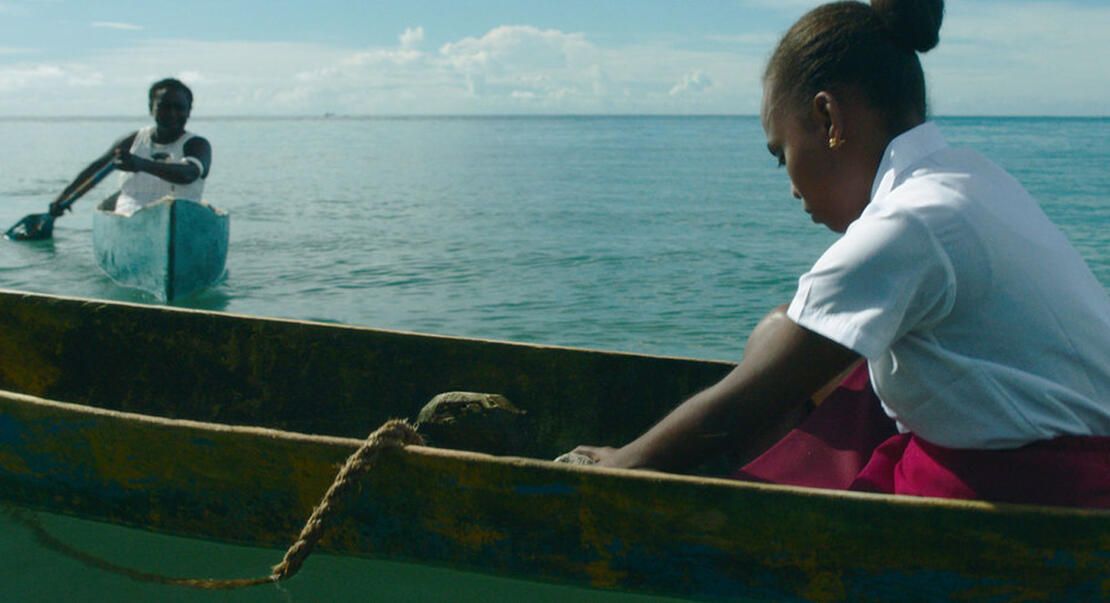
In celebration of Asian American Pacific Islander Heritage Month, it brings me great pleasure to highlight some of my favourite offerings when it comes to films from and/or about the Pacific. Before I do that, though, I think it’s important to give context around what constitutes a “Pacific Islander.”
Technically, the Pacific Islands consist of three regions: Micronesia (“small islands”), Melanesia (“islands of Black people”), and Polynesia (“many islands”).

On April 22, 1970, a group of activists and politicians banded together to plan a nationwide event with the intent of promoting world peace and honoring the wonder and majesty of the planet we call home. More than 20 million people participated in that inaugural Earth Day in the U.S.

When filmmakers Najwa Najjar and Cherien Dabis reconnected in 2009, four years after bringing projects through the Sundance Institute’s Rawi Middle East Screenwriters Lab in Jordan, the pair had a lot to discuss. Soon after their international call, the two would fly to Park City for the Sundance Film Festival premieres of their respective debut features, Najjar’s Pomegranates and Myrrh and Dabis’s Amreeka.
During their conversation, both filmmakers talked about how their backgrounds helped shape their work as filmmakers.

Preservation Week — celebrated every year during the last week of April — is a time to shed light on the importance of archives and to engage in conversations surrounding preservation and its role in maintaining the historical record. As we enter the Sundance Institute’s 40th anniversary this summer, there’s more opportunity than ever for us to look back and share some of our own unique history.The Sundance Archives & Collection is a small but dedicated Institute department committed to encouraging independent artists to preserve their work and educating the community about the Institute’s legacy.
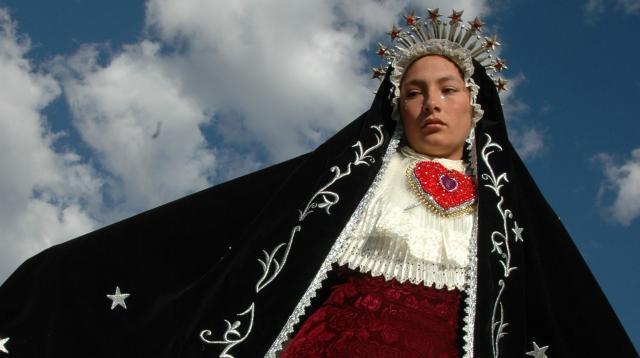
At the first-ever Sundance Film Festival in 1985, an English director named Sally Potter brought a unique project to Park City. Her debut feature, The Gold Diggers, was made with an all-women production crew that was paid equally, including Potter’s co-writers, Lindsay Cooper and Rose English; producers Nita Amy and Donna Grey; and cinematographer Babette Mangolte. That same year, the Festival also hosted Lina Wurtmüller’s A Joke of Destiny (Italy), Gillian Armstrong’s Mrs.
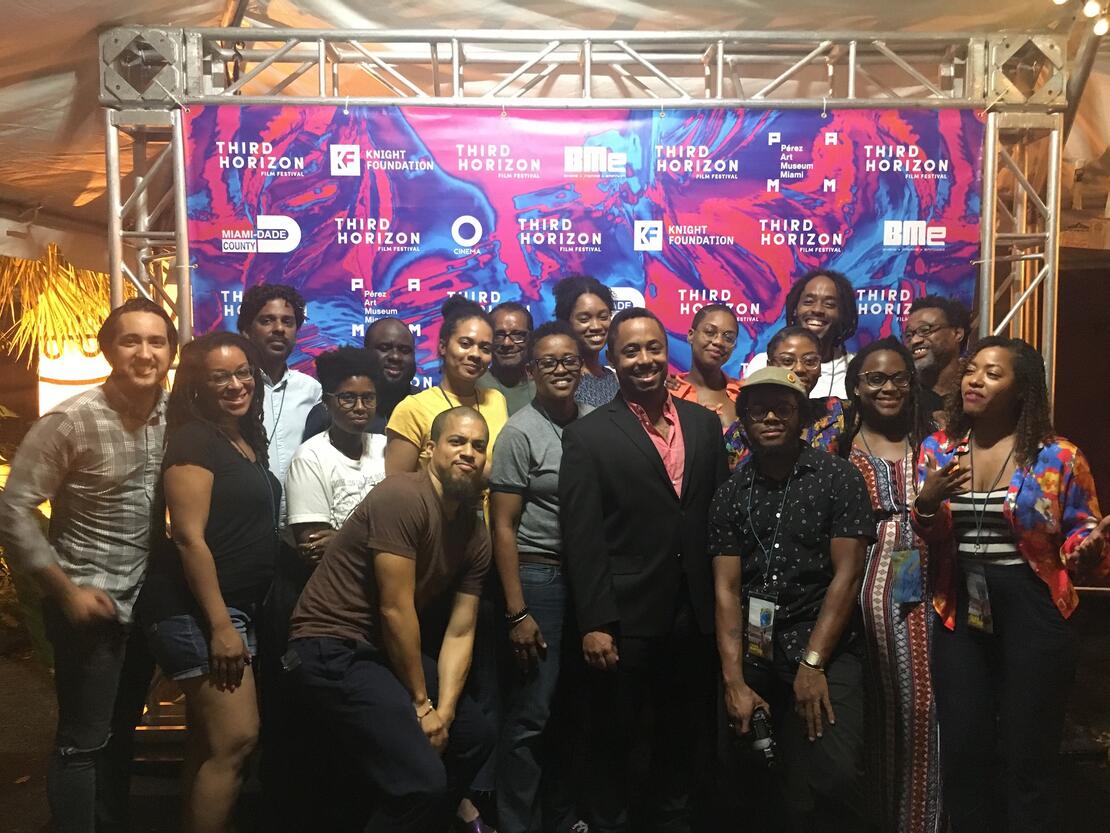
At the Sundance Institute, we firmly believe that Black artists and Black stories should be celebrated and uplifted year-round. During February, aka Black History Month, we’re continuing that work with a series we’re calling Black Visionaries, in which we’ll be spotlighting our friends at Black-run arts organizations around the country. So far, we’ve talked with leaders of the Harlem-based nonprofit Firelight Media; Iyabo Boyd, founder of Brown Girls Doc Mafia; and Brickson Diamond, a founding board member and chair of the Blackhouse Foundation.
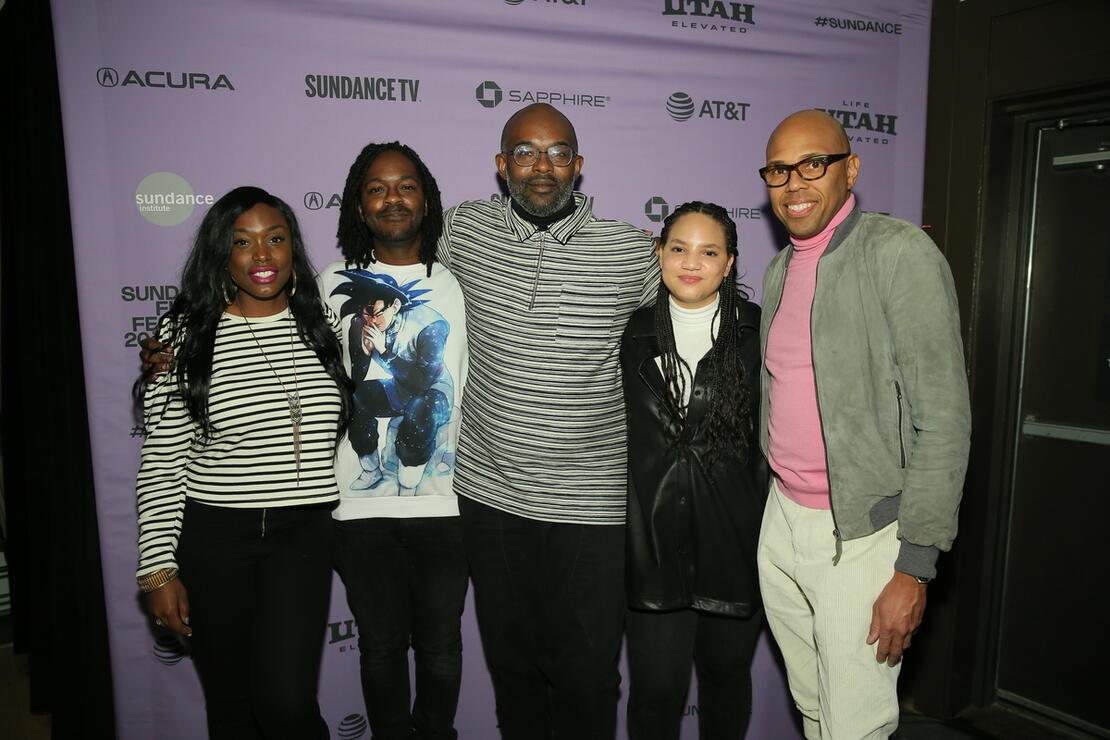
At the Sundance Institute, we firmly believe that Black artists and Black stories should be celebrated and uplifted year-round. During February, aka Black History Month, we’re continuing that work with a series we’re calling Black Visionaries, in which we’ll be spotlighting our friends at Black-run arts organizations around the country. So far, we’ve talked with leaders of the Harlem-based nonprofit Firelight Media as well as Iyabo Boyd, founder of Brown Girls Doc Mafia.
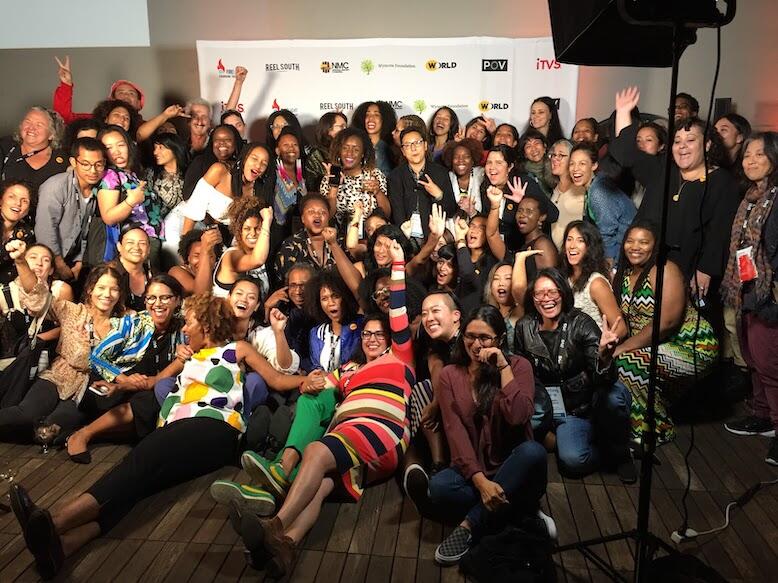
At the Sundance Institute, we firmly believe that Black artists and Black stories should be celebrated and uplifted year-round. During February, aka Black History Month, we’re continuing that work with a series we’re calling Black Visionaries, in which we’ll be spotlighting our friends at Black-run arts organizations around the country. Last week, we talked with Brooklyn-based nonprofit Firelight Media, and this week we’re chatting with filmmaker Iyabo Boyd, founder of Brown Girls Doc Mafia.
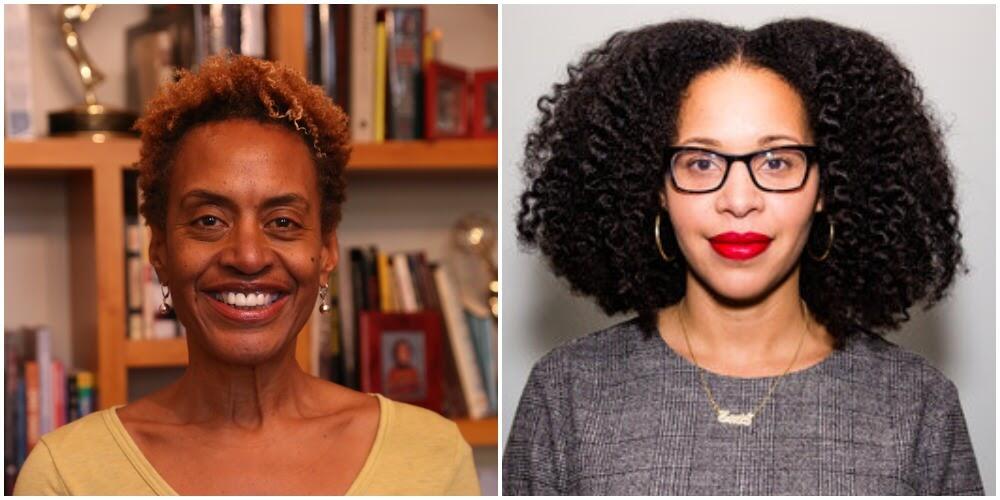
At the Sundance Institute, we firmly believe that Black artists and Black stories should be celebrated and uplifted year-round. During February, aka Black History Month, we’re continuing that work with a series we’re calling Black Visionaries, in which we’ll be spotlighting our friends at Black-run arts organizations around the country. First up, we checked in with Harlem-based nonprofit Firelight Media, which produces documentary films by and about communities of color, supports emerging filmmakers of color, and cultivates audiences for their work.
Terms & Conditions | Privacy Policy
© 2025 Sundance.org